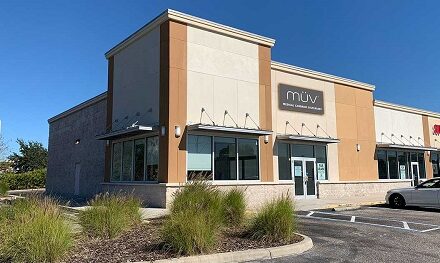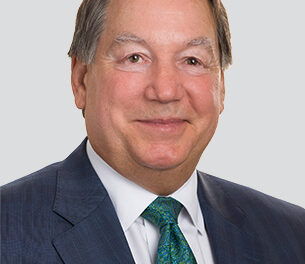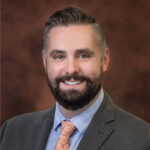There are many challenges facing females in the medical profession, one of which is the lack of a support system to help them deal with issues including child care, financial security, employer/employee relations and more. To help female physicians with these concerns, as well as to provide a place where they can interact on a social basis, Dr. Alysa Herman and Dr. Brooke Kyle created SheMD.
“On the most basic level, we started SheMD for social reasons, because its very difficult for women in private practice to meet other professional women,” said Dr. Herman. “Its nice to know that there are other female physicians who not only do what we do, but who face the same types of issues that we face.”
“Many female physicians try to be Superwoman, involved in so many different things, including raising a family,” agreed Dr. Kyle. “We wanted to create an organization where women could share ideas on how to do things better or talk about new ways of doing things that might make their lives easier.”
In addition to providing a social and networking opportunity for females within the medical community, SheMD aims to serve the greater community as well. “We very much believe in community activism and hope to get our group involved in breast cancer and diabetes events and womens health screenings,” said Dr. Kyle.

Dr. Brooke Kyle (left) and Dr. Alysa Herman
Dr. Herman, a surgeon with Skin and Cancer Associates, and Dr. Kyle, an ob/gyn physician, first got the idea to start the group after realizing that they were not alone in their desire to meet other female physicians. “I didnt train in Miami, so I didnt have an established infrastructure when I began working here,” said Dr. Herman. “Its not like college, where you can meet people with common interests in a classroom. Its difficult to meet people at this stage of your career.”
At SheMDs first meeting, Dr. Herman said that she was surprised to learn that even women in established practices were having the same problem. “Even women who have been in practice for 15 years said that they didnt have a way of meeting other women because they were too busy with personal and professional responsibilities,” she said.
Women in the medical field also face unique challenges, including how to juggle the needs of running a practice and raising a family. “There are nanny issues, and question on how to get the kids to school and still get to the practice on time,” said Dr. Kyle, who recently had a baby. “How and when do you take time off? When you have questions like this, its good to have a support system of women who have been through the same thing.”
At the groups first official meeting on May 2nd, the 18 women who attended were very enthusiastic about the opportunity to share their insights about professional and personal challenges. “We got an extremely positive response,” said Dr. Kyle. “People kept saying, this is such a great ideaI cant believe no one has thought of it before.”
Though Dr. Kyle says that there have been similar groups in the past that fizzled out, she and Dr. Herman expect SheMD to have staying power. “Each month well be offering women the support they need on issues like practice management and time management,” she said. “For example, what do you do when your employees see you as more of a friend or colleague than an employer? Thats an issue a lot of women face.”
SheMD also expect to tackle issues including financial planning, continuing education and mentoring. “Imagine how wonderful it would be for women who are just starting a practice to receive guidance from women who have been in practice for 15 or 20 years,” said Dr. Herman. “This is a group of phenomenally bright women who are also role modelsits very motivating to be around them.”
“Traditionally, women have been the ones to organize social get-togethers and to look for outreach groups that allow them to meet and talk about their feelings,” said Dr. Herman of the advantages of SheMD. “Were trying to give female physicians that outlet and the support system that they need, as well as a chance to interact with other women with whom they have so much in common.”
Post Views: 707




























